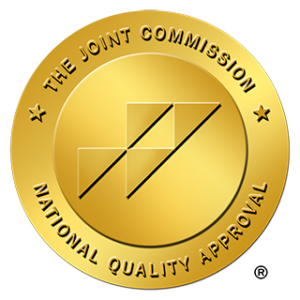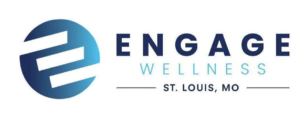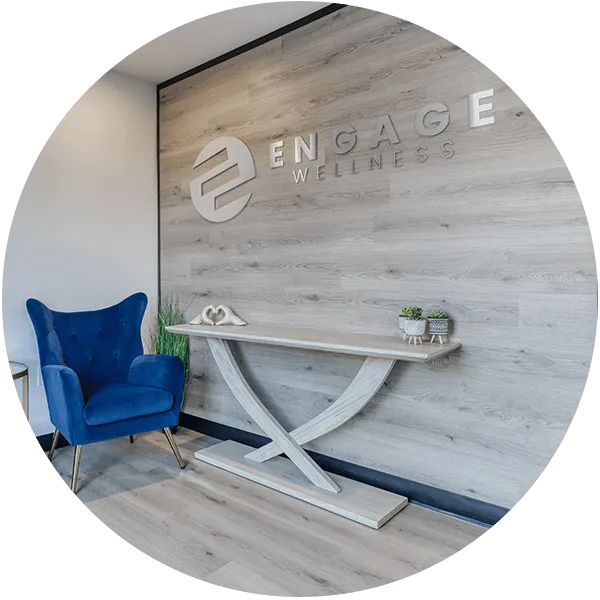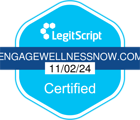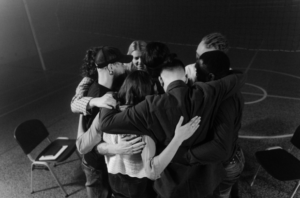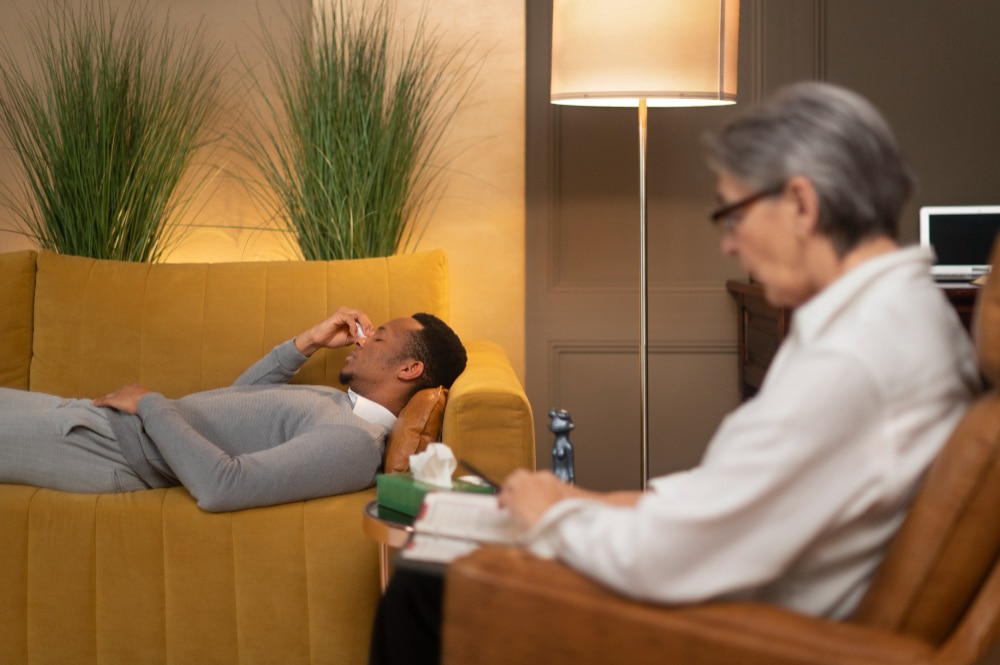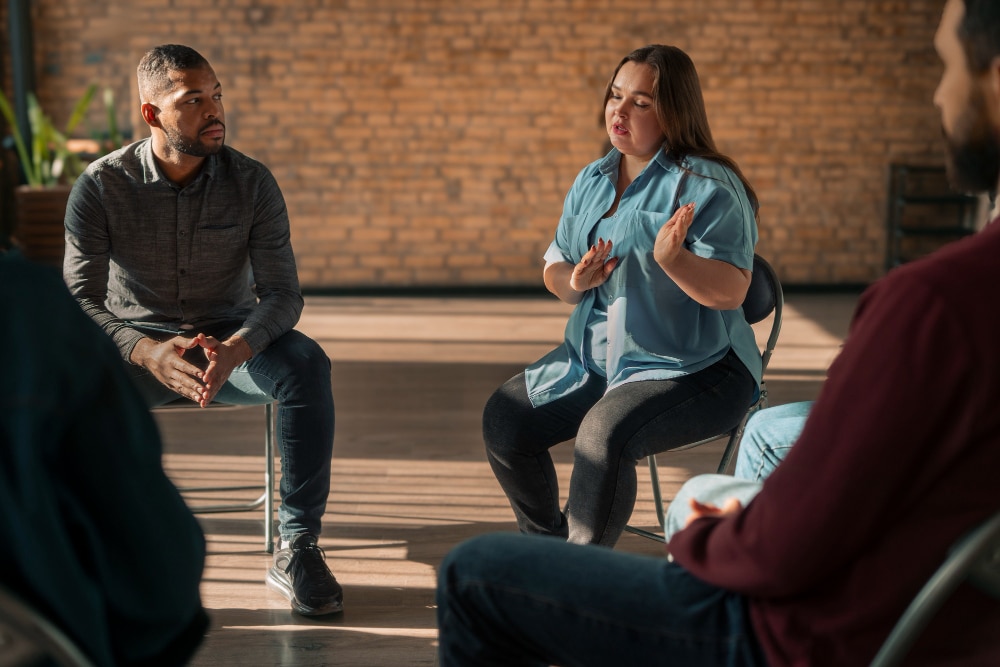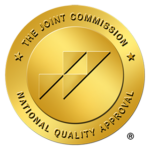Real-Life Solutions To Address The Challenges of Alcohol & Substance Use Disorder
Engage Wellness is the premier alcohol & drug rehab in St. Louis, Missouri, serving the local community as a practical recovery resource defined by empowering hope and individualized care. We provide a safe and supportive environment for those battling alcohol or substance use disorder and co-occurring disorders. Here, you will find a nurturing environment augmented by actionable support and expert-level care to help you or your loved one overcome harmful patterns.
This is where you design a new life with intention and purpose. Where you can finally learn how to fulfill your purpose and become the best version of yourself that has ever existed—This is where you build a future that excites you. And it starts today.
What We Treat
Drug & Alcohol Rehab In St. Louis, Missouri

Substance Use Disorder
More than 46 million people in the U.S. suffer from a substance use disorder (2021, National Institute on Drug Abuse).[1] While sobering, this is proof that you are not alone. There are so many solutions available to help you or your loved one safely navigate recovery.
Alcohol, opioids, illicit drugs, and other substances can spark physical and psychological dependency, making it increasingly difficult to overcome. Professional substance abuse treatment offers the most effective process to overcome addiction and design a new, healthy life you can be proud of.
Co-Occurring Disorders
Approximately 13.5 million U.S. adults suffer from both alcohol or substance use and a mental health disorder.[2] This experience complicates the treatment and recovery experience, requiring deeper insights and more personalized care.
Our master-level clinicians, experienced providers, and compassionate team members will help you identify and address the harmful patterns that disrupt your life and hold you back. Together, we will dismantle those patterns via an evidence-based, holistic approach to care and individualized treatment.

Levels of Care In Recovery
St. Louis, Missouri Drug Rehab
Each person’s recovery journey is unique. One-size-fits-all treatment approaches fail to help you achieve the ultimate outcome: healing. Engage Wellness offers several levels of care to meet you where you are today and move you closer to where you want to be in your recovery journey.
Partial Hospitalization Program
Intensive Outpatient Treatment (IOP)
The Intensive Outpatient program is the highest level of care we offer at Engage Wellness. This is the bridge between full-time care and living sober in real-time right now by seamlessly blending part-time treatment and everyday life. Clients attend multiple sessions per week of individual therapy, group therapy, peer support, and other recovery interventions to enjoy the education and support needed during recovery. This is your sober life on your terms.
Outpatient Treatment (OP)
Medication Assisted Treatment
Verify Insurance & Paying For Treatment
Engage Wellness is an in-network provider with TriCare insurance and works closely with all insurance plans to make your treatment accessible and affordable. With a simple initial evaluation, we will determine the most appropriate level of care. Call admissions today to learn more about individualized treatment plans, treatment costs, and insurance coverage.

About Engage Wellness
Addiction Treatment In St. Louis, MO
“We love you when you don’t love yourself. We’ll teach you what has been taught to us. Not just tools for recovery, but skills to be good, honest people free from the burden of harmful patterns.”
Engage Wellness was founded by a team with a personal connection to alcohol and substance use. They’ve walked this path themselves and seen the devastation firsthand. Now, they’re looking back from successful recovery to support anyone still in the trenches. Our founders have been working in treatment and recovery for 12 years and model a client-centric focus, emphasizing evidence-based modalities and compassionate care.
Therapies & Treatments
Evidence-based treatment for substance use, mental health, and behavioral health challenges that change lives.
Our Educational Newsletter
Featured Contributor
Joint Commission
